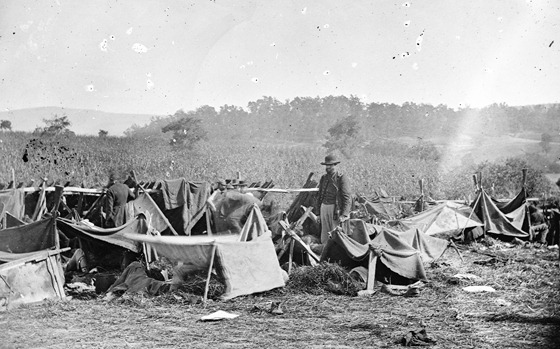London, September 19, 1862
England is at peace, and in spite of the drawback occasioned by the failure of the cotton crop is prosperous. During the last twenty years the great development of the manufacturing policy has poured vast sums into her lap, whilst the outlets furnished to her poor populations in the colonies and in America have prevented the growth of any discontent at the unequal distribution of that wealth. In all my different journeys through the interior I find every evidence of substantial thrift. No dilapidated houses, or neglected lands or broken windows or ruinous barns. Even the oldest dwellings seem cared for and elaborately put in order. The question naturally arises are there no very poor people? It must be answered, not in the agricultural districts, but you must look for them in the populous towns. Go through many parts of London and you will be at no loss to understand where they are. And so it will be in the great manufacturing centres in Lancashire and Yorkshire. Thus it appears as if England showed two distinct faces — one of happiness and one of misery, the first owing to the last. For however great may be the prosperity of the manufacturer, it appears to be resting only upon the extent to which the share in it of his operative can be reduced to a minimum. Were it not for the resource of emigration I doubt whether this condition of things could last long. As it is, I see no prospect of any change. The rich are growing richer, and conservatism gains rather than loses in its struggles for power….











